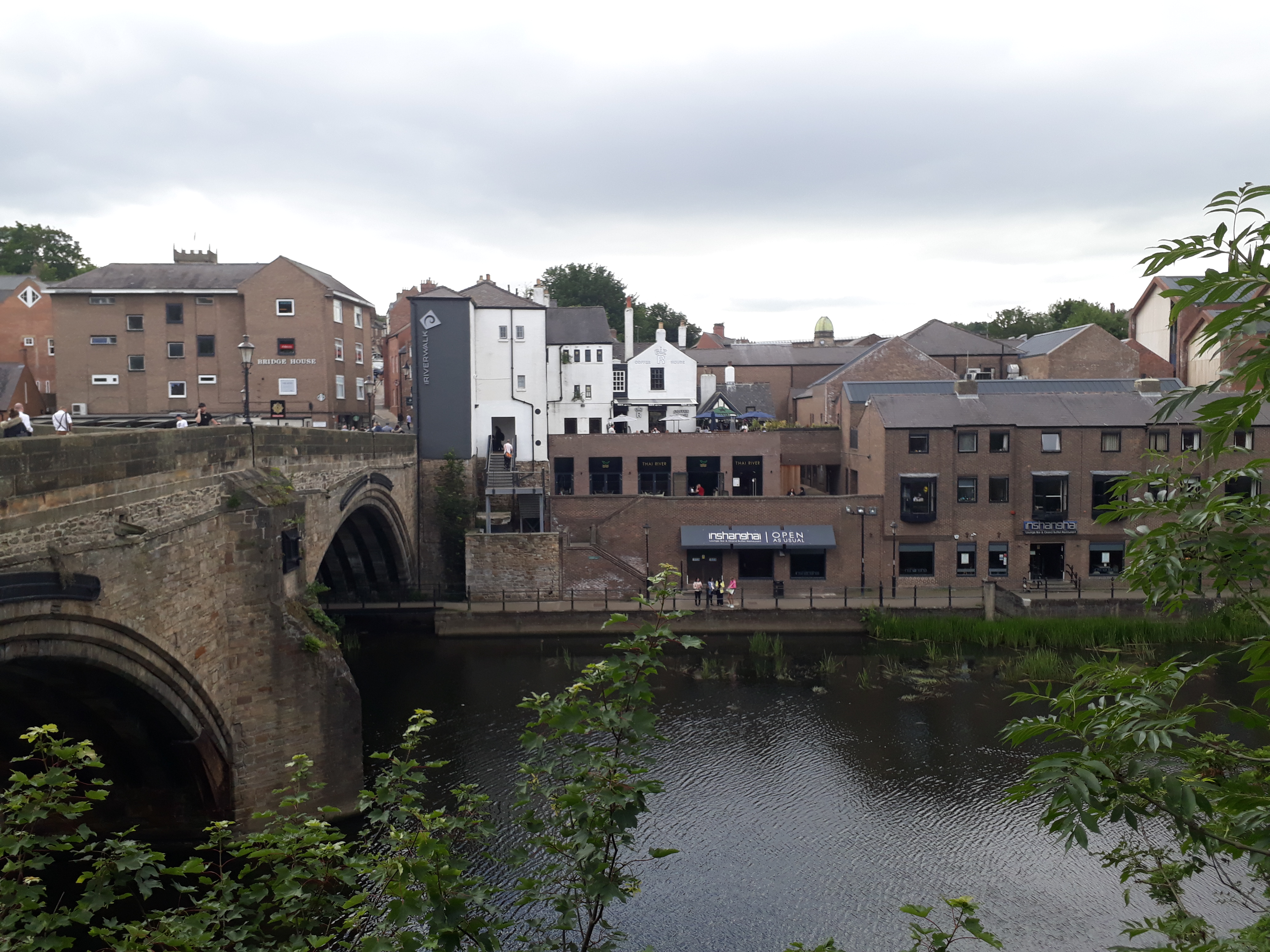One of Hannah’s roles can be thought of as “the official temperature-taker of attitudes towards the University.” Everyone I’ve spoken to, Hannah included, has confirmed that the University has historically had problems with its relationship with the wider Durham community. Coming from Dartmouth College, it’s a sentiment to which I can easily relate. Although I am new to the Upper Valley (the communities surrounding Dartmouth), I can tell that my university also has a complicated relationship with our local area—one that is sometimes beneficial, sometimes detrimental and often seen as patronising by long-term Upper Valley residents.
Hannah’s employment signals a turning point in the University’s relationship. In order to succeed at her job, she must keep a finger on the pulse of all the happenings in Durham City. Sometimes, she’ll be directly contacted by residents or organisations with ideas for partnerships or complaints on student behaviour. But more often, she’ll go directly to the source to anticipate the community’s needs. This usually translates to attending meetings. Lots of them.
On this swelteringly hot Thursday evening, Hannah has another meeting to attend. It’s also my first opportunity to see her in action. When we enter the Town Hall, I am immediately struck by the breath-taking grandeur of the main hall. The high, vaulted ceiling is well-lit by rows of hanging lamps, and lining the walls are beautiful stained-glass windows. Almost every other available square-inch of wall space is occupied by wood panelling, portraits or golden plaques in honour of the city’s many mayors and officials. When I’m done admiring the room, I turn my attention to the councillors themselves. Hannah had me read a report on the diversity (or rather, lack thereof) in leadership positions across the North-east. Therefore, as I expected, the council is predominantly white, old and male. Considering the demographics of the Upper Valley, the area in US where I study, I am certain my local governing body exhibits a similar composition. I have however noticed that diversity is an issue that is increasingly, if not slowly, being considered by organisations in the UK, including the City of Durham Parish Council.
I can’t believe the wide range of issues that come up during a single local council meeting. From promoting a local artist, managing the Remembrance Sunday procession or regulating the time at which a bar’s patrons can drink outside, the council definitely wields more power than I imagined. Sure, these are not the “sexy” decisions. We’re not talking about Brexit or anything. However, these issues do feed into a bigger political landscape
I never really considered what a local council meeting would be like. In Jamaica, where I live, there are plenty of good reasons to remain apolitical; meanwhile, in the United States, where I study, politics does not appeal to me because I don’t have the right to vote. But as I listen to the significant decisions being debated, I realise the importance of local governing bodies. As the evening drags on, I also realise how the length of the meeting makes it inaccessible for many residents and certainly most students, although the decisions made affect their lives.
While I am having this epiphany, Hannah is slightly disappointed that the Council did not discuss at length a report conducted into student accommodation, nor had she properly understood to raise her thoughts at the right part of the agenda. However, she knows there will be other meetings more suited for discussion. More importantly, I observed a cordial relationship between Hannah and council members making it clear that the councillors valued her presence and contributions.

